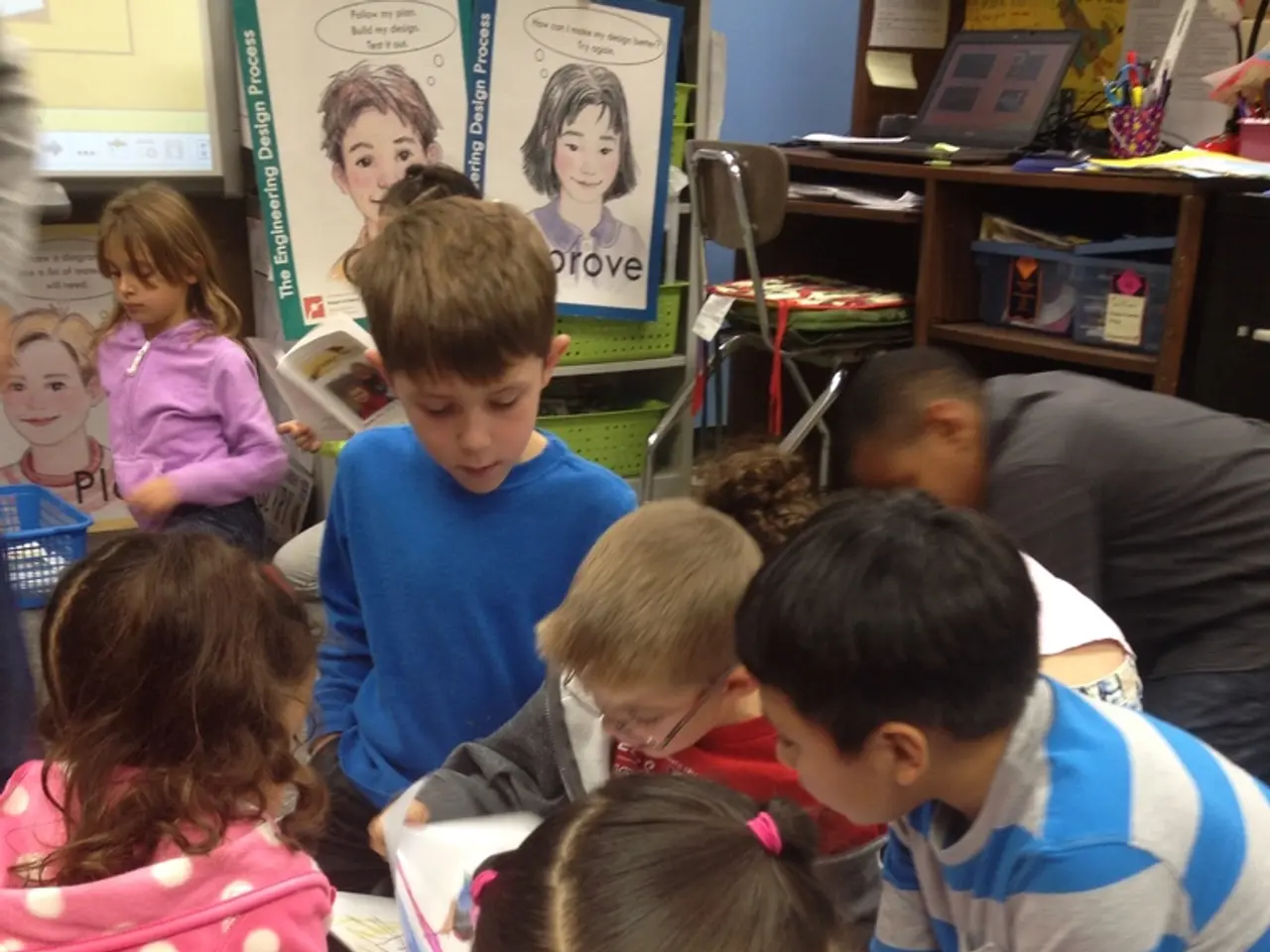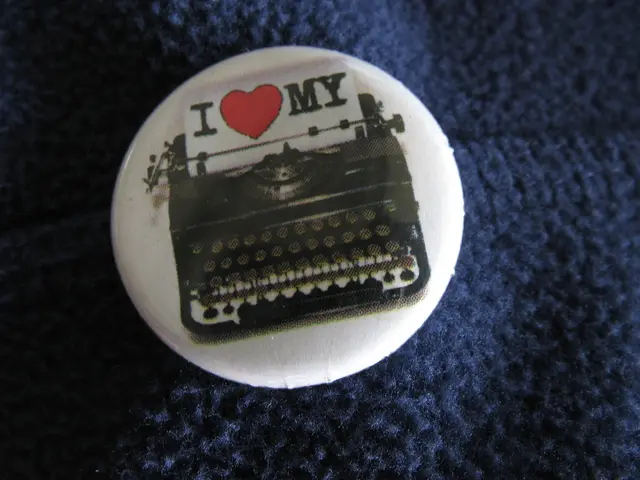Investigating Constructivism: Children Adopt Knowledge via Experimentation and Introspection
In the heart of a bustling city, Museo dei Bambini offers a unique learning experience for children, one that emphasizes constructivist learning. This approach encourages children to actively engage with their environment, constructing their understanding of the world through experience, social interaction, and reflection.
At the "Spin to Life" exhibit, children can simulate an ecosystem, understanding the interconnectedness of systems and the effects of changes on other systems. The "Kinetic Jams" exhibit teaches precision, alignment, and problem-solving, while the "Cause & Effect" exhibit invites children to build chain reactions and gain insights about motion, force, and time. The "Chaos Wheel" exhibit demonstrates that perfect prediction is not always possible, helping children learn about systems thinking and complexity science.
The "Wind Tunnel" exhibit allows children to test different shapes, materials, and weights, understanding air pressure, lift, and form. These hands-on exhibits, designed around the idea of constructivist learning, encourage children to learn through trial and error, rather than passive observation.
The museum's facilitators often ask reflective questions to turn curiosity into intentional learning. This method, along with the exhibits, fosters critical thinking and metacognitive skills, preparing children to be adaptable, lifelong learners in a complex, changing world.
Constructivist learning is rooted in the work of Piaget, Dewey, and Vygotsky. It posits that cognitive development is a dynamic, self-directed process in which learners build upon their prior knowledge and reshape their mental structures based on new experiences. Key mechanisms of constructivism include active participation, social interaction, the Zone of Proximal Development (ZPD), and differentiated instruction.
Constructivist learning fundamentally changes how children come to understand their world. It promotes deep, meaningful engagement with concepts and fosters critical, flexible thinking. Children learn in context, making learning more relevant and memorable. They develop analytical skills, autonomy, and confidence in their own reasoning. Collaboration and social skills are emphasized, building academic and socio-emotional competencies. Learning is connected to students’ personal lives, making it more meaningful and motivating.
Teachers in constructivist classrooms act as facilitators rather than sole sources of knowledge. They create environments rich in opportunities for exploration, discussion, and hands-on activities, and they use a variety of strategies to meet diverse learning needs. This approach supports cognitive development and prepares children to be adaptable, lifelong learners.
In addition to the museum, families can support constructivist learning at home by embracing open-ended questions, celebrating mistakes, and providing materials for exploration. The Self-Explanation Principle in Multimedia Learning and Productive Failure Research are other areas to learn more about constructivist learning. A 2015 study published in Cognitive Science suggests that children develop stronger problem-solving skills when allowed to experiment and learn from their mistakes.
In a world of instant answers, constructivism invites children to slow down and think for themselves. It teaches children that knowledge isn't something handed down, but built from experience, effort, and reflection. In the words of Jean Piaget, a Swiss psychologist, "Knowledge is a consequence of experience." At Museo dei Bambini, this philosophy is brought to life, providing a unique and engaging learning experience for children.
At the "Wind Tunnel" exhibit, children can engage in hands-on learning about air pressure, lift, and form, fostering a lifelong interest in education-and-self-development through trial and error. In the museum's facilitator-led discussions, children learn to question, analyze, and reflect, developing critical thinking skills essential for lifelong learning.




